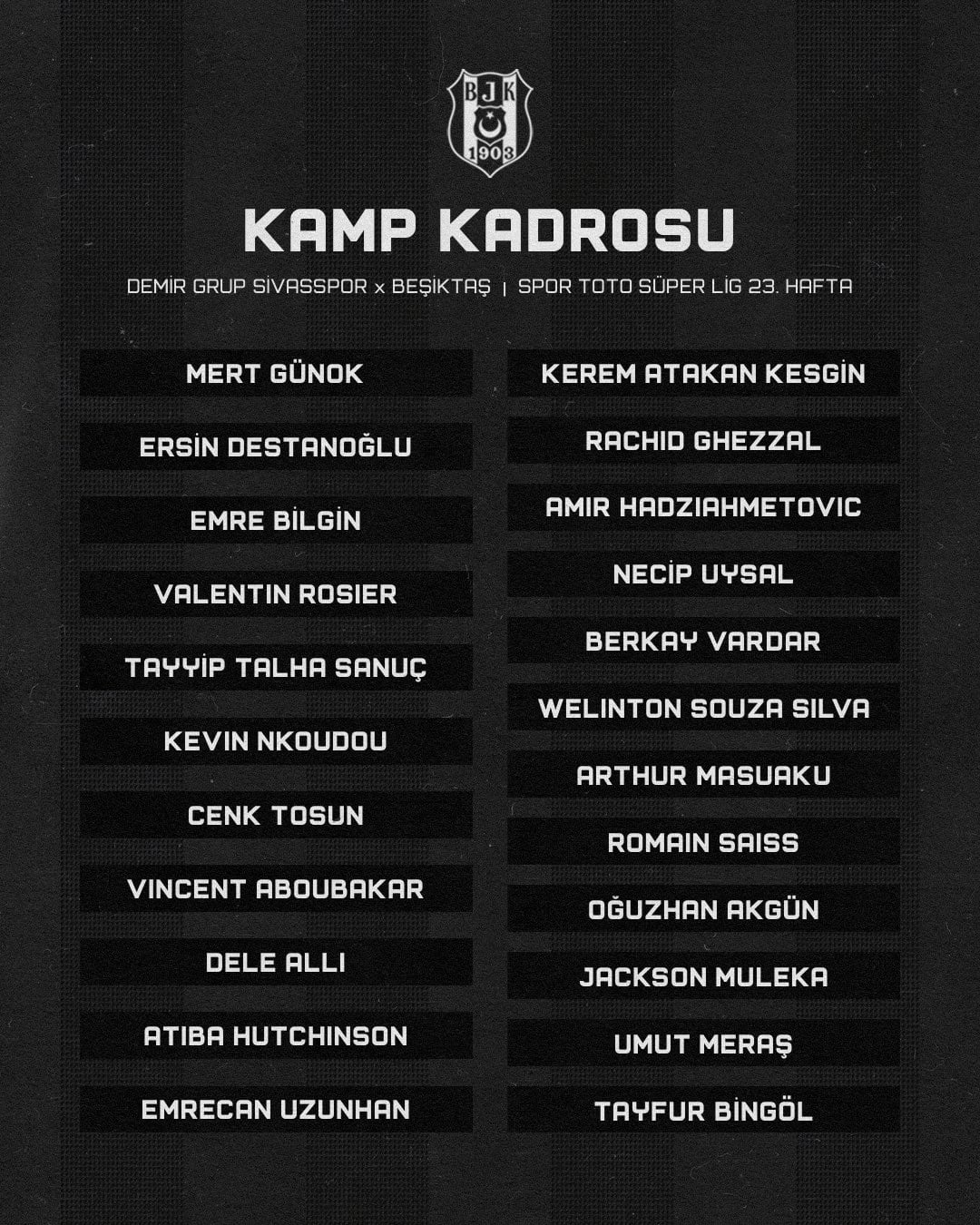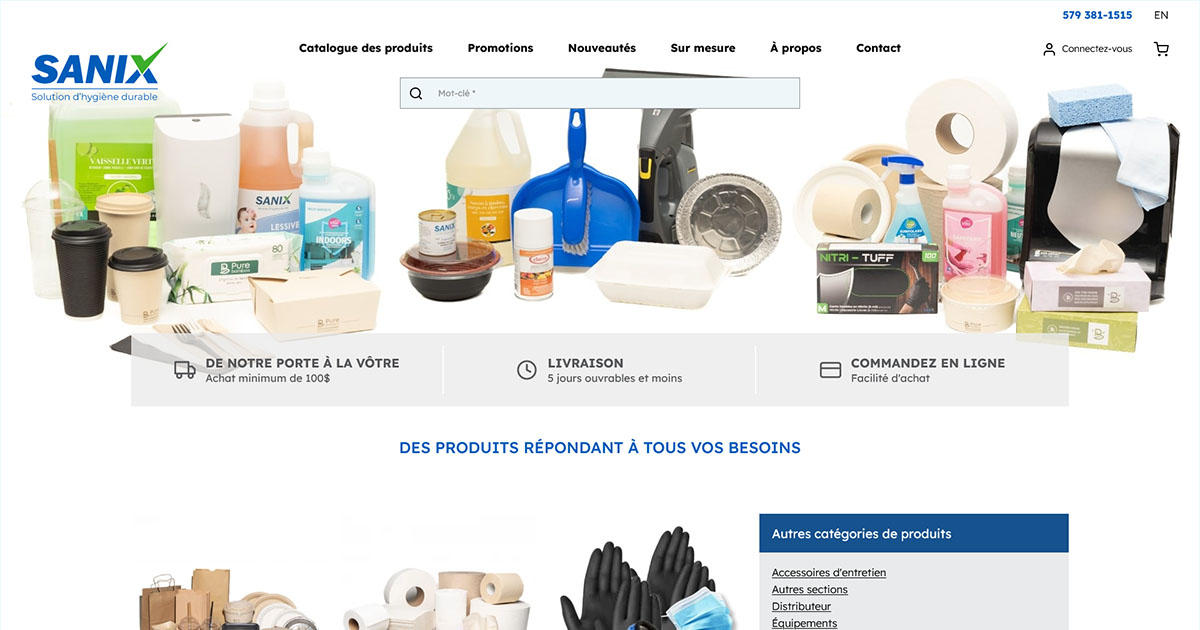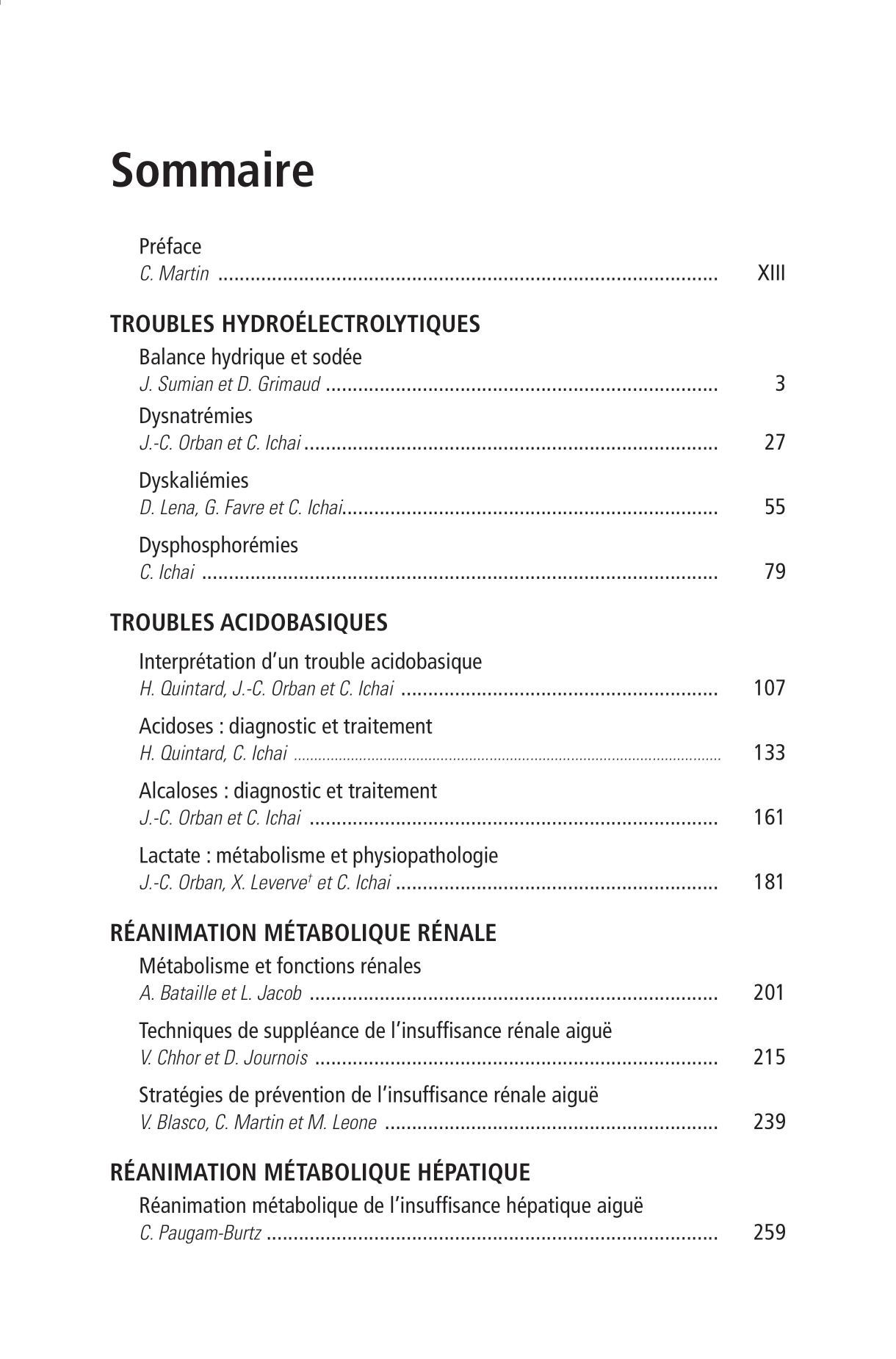Section 230 And Banned Chemicals: The Impact On EBay Listings

Table of Contents
Understanding Section 230 and its Relevance to Online Marketplaces
Section 230 of the Communications Decency Act of 1996 is a cornerstone of internet law in the United States. It provides immunity to online platforms from liability for user-generated content. Essentially, this means that websites like eBay aren't held responsible for what their users post or sell, provided they don't actively participate in creating or editing that content. This significantly impacts eBay's responsibility for items listed by third-party sellers. While eBay has a responsibility to establish and enforce its own terms of service, Section 230 limits the extent to which it can be held legally accountable for individual seller actions.
- Section 230's role in protecting free speech online: It fosters open communication and allows for a diverse range of viewpoints to be shared online.
- The limitations of Section 230's protection: Section 230 does not offer complete immunity. Platforms can still be held liable if they are found to have actively contributed to the creation or dissemination of illegal content.
- How Section 230 affects eBay's content moderation policies: While Section 230 protects eBay from liability for user content, it doesn't absolve them of the responsibility to create and enforce robust content moderation policies. This includes actively policing their platform to remove prohibited items like banned chemicals.
eBay's Policies on Banned and Restricted Chemicals
eBay maintains a comprehensive list of prohibited and restricted items, including a significant number of chemicals. Listing banned chemicals on eBay can result in severe consequences, ranging from account suspension to legal action. Sellers must understand that accurate product descriptions and proper labeling are paramount to avoid violations. Failure to comply can lead to significant financial losses and reputational damage.
- Examples of commonly banned chemicals on eBay: This includes, but isn't limited to, certain pesticides, herbicides, hazardous waste, and chemicals restricted under various environmental regulations. Specific banned substances are frequently updated, so regular review is essential.
- eBay's verification process for listed items: While eBay employs automated systems to scan listings, they also rely on user reports and manual reviews to identify potentially problematic items. This means that even seemingly harmless listings can be flagged and removed.
- The reporting process for potentially dangerous listings: eBay provides mechanisms for buyers and sellers to report listings that violate their policies. Reporting suspicious items helps eBay enforce its rules and protect its community.
The Interplay Between Section 230 and eBay's Enforcement
Section 230 influences eBay's ability to proactively remove listings of banned chemicals. While the platform isn't directly liable for every individual listing, it must take reasonable steps to identify and remove prohibited items to maintain a safe marketplace and avoid potential legal repercussions related to negligence. This presents a significant challenge, as the sheer volume of listings makes manual review impractical.
- The balance between free speech and protecting buyers/sellers: eBay constantly walks a fine line between protecting freedom of expression and ensuring the safety of its users. This balance is a complex issue and influences their approach to content moderation.
- The limitations of automated detection systems: Automated systems are not foolproof. They can miss listings that violate eBay's policies, requiring manual review and user reporting to supplement their functionality.
- eBay's responsibility to comply with safety regulations: eBay has a responsibility to comply with all applicable safety regulations. This means actively working to prevent the sale of dangerous or illegal substances.
Case Studies: Examples of Section 230 and Banned Chemicals on eBay
While specific real-world examples are often kept confidential for legal reasons, hypothetical scenarios can illustrate the points. Imagine a seller listing a chemical disguised as a cleaning product. If eBay’s automated systems miss it, and a buyer suffers harm, eBay would likely face increased scrutiny, despite Section 230 protection. Conversely, successful takedowns of listings clearly violating regulations (e.g., openly advertising illegal precursor chemicals) demonstrate eBay's proactive efforts.
- Examples of successful takedowns of prohibited listings: These highlight eBay's commitment to enforcing its policies.
- Examples of listings that may have been missed due to limitations in detection: These illustrate the challenges of regulating a vast online marketplace.
Best Practices for eBay Sellers to Avoid Violations
To avoid violations related to Section 230 eBay Banned Chemicals, sellers must be proactive and diligent. This involves understanding and adhering to eBay's policies, conducting thorough research, and staying informed about legal and regulatory changes.
- Regularly review eBay's prohibited and restricted items list: This list is updated frequently, so regular review is crucial.
- Ensure accurate product descriptions and appropriate labeling: Accurate information reduces the risk of misidentification and violation.
- Implement a robust quality control process: Thorough checks help prevent the accidental listing of prohibited items.
- Utilize eBay's seller support resources: Don't hesitate to contact eBay's support team if you have questions or need clarification.
Conclusion
Understanding the complex relationship between Section 230, eBay's policies, and the sale of banned chemicals is vital for all eBay sellers. By adhering to best practices, staying informed about policy updates, and proactively ensuring compliance, sellers can protect themselves from legal and account ramifications. Failing to understand these intricacies can lead to significant consequences. Therefore, proactively learning about and adhering to Section 230 eBay Banned Chemicals regulations is essential for long-term success on the platform. Remember to always check eBay’s latest policies on prohibited items before listing any product.

Featured Posts
-
 Taylor Swift Eras Tour High Resolution Images Of Her Showstopping Wardrobe
May 27, 2025
Taylor Swift Eras Tour High Resolution Images Of Her Showstopping Wardrobe
May 27, 2025 -
 Galatasaray Triumphs Osimhens Two Goals Secure Win Against Sivasspor
May 27, 2025
Galatasaray Triumphs Osimhens Two Goals Secure Win Against Sivasspor
May 27, 2025 -
 Survivor Season 48 Finale Your Guide To Live And On Demand Viewing
May 27, 2025
Survivor Season 48 Finale Your Guide To Live And On Demand Viewing
May 27, 2025 -
 Watch 1923 Season 2 Episode 4 Online Tonight Free Streaming Options
May 27, 2025
Watch 1923 Season 2 Episode 4 Online Tonight Free Streaming Options
May 27, 2025 -
 Trump In Politikalari Tuerkiye Icin Endiseler Ve Son Gelismeler
May 27, 2025
Trump In Politikalari Tuerkiye Icin Endiseler Ve Son Gelismeler
May 27, 2025
Latest Posts
-
 Elections Assemblee Nationale Le Rn Tente De Destabiliser Lfi
May 30, 2025
Elections Assemblee Nationale Le Rn Tente De Destabiliser Lfi
May 30, 2025 -
 Probleme De Rats Et Manque De Remplacements A L Ecole Bouton D Or Florange Appel A L Action
May 30, 2025
Probleme De Rats Et Manque De Remplacements A L Ecole Bouton D Or Florange Appel A L Action
May 30, 2025 -
 Assemblee Nationale Frontieres Et Desordres La Strategie Du Rn Face A Lfi
May 30, 2025
Assemblee Nationale Frontieres Et Desordres La Strategie Du Rn Face A Lfi
May 30, 2025 -
 Urgence Remplacement Du Personnel Et Probleme De Rats A L Ecole Bouton D Or Florange
May 30, 2025
Urgence Remplacement Du Personnel Et Probleme De Rats A L Ecole Bouton D Or Florange
May 30, 2025 -
 Assemblee Nationale Le Rn Et Lfi Une Bataille Pour Le Controle Du Recit
May 30, 2025
Assemblee Nationale Le Rn Et Lfi Une Bataille Pour Le Controle Du Recit
May 30, 2025
